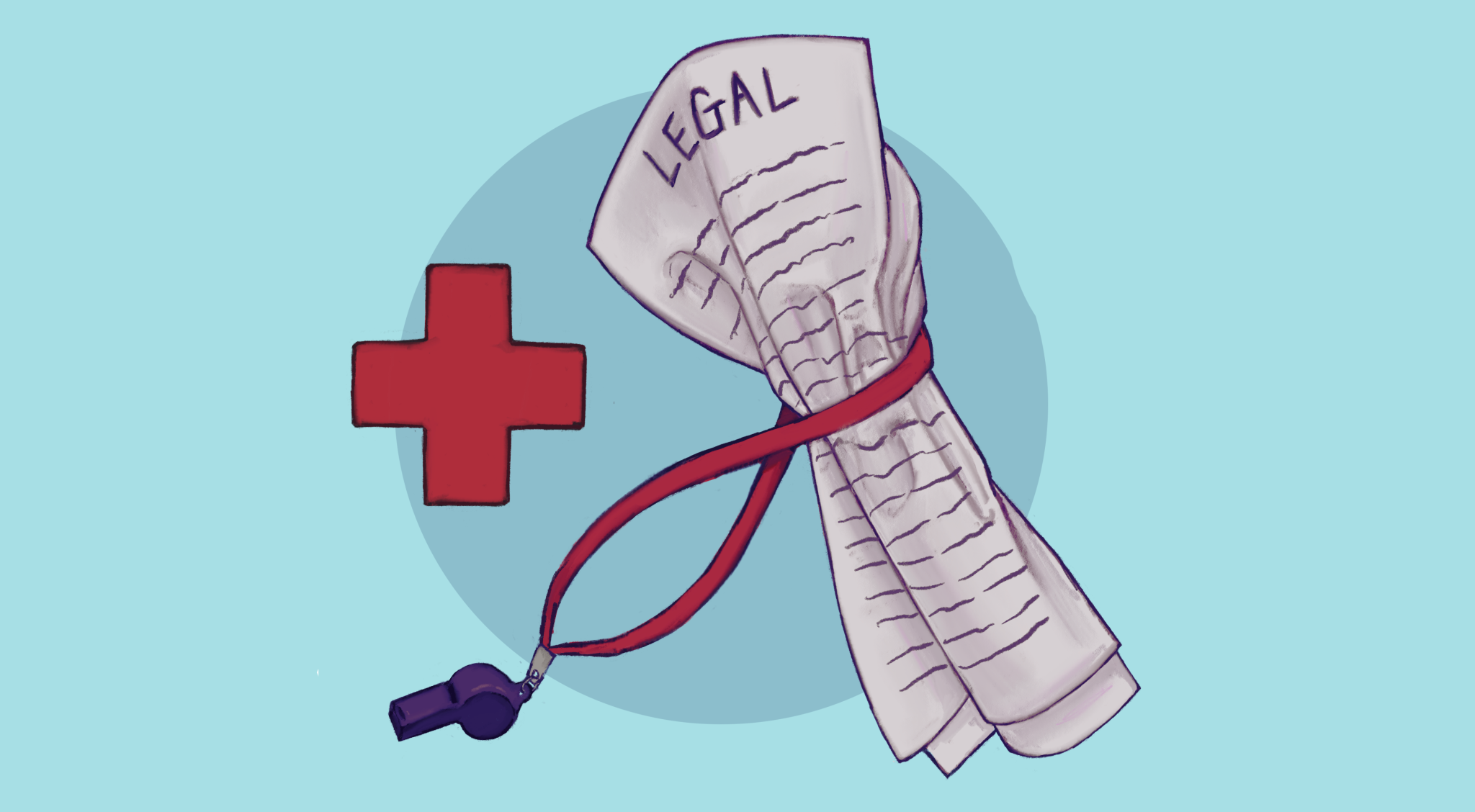Fall sports at Berkeley High School are underway, but there is currently no athletic trainer on the sidelines. Lauren Small, the BHS athletic trainer for the past ten years, is in the midst of a contractual situation between Children's Hospital and BHS, which is preventing her from fulfilling her role. This is rendering hundreds of athletes without the ability to get the medical support needed for their injuries.
The job of the athletic trainer is more than just assessing injuries. Small played a major role in creating and executing physical therapy plans for athletes recovering from injuries. It is crucial that athletes have an effective recovery plan so that they are able to get back to playing the sport they love. Athletic director Ross Parker said, “(The athletic trainer is) somebody who works with our coaches to fill their med kits, and goes to their practices before the season starts and talks about health and what to do if they get hurt. She’s the first person people can go to if they get injured.”
In past years, Small attended all football games because football requires a licensed medical professional to be on the sidelines of home football games. Without her this year, the BHS football team has resorted to having an Emergency Medical Technician from the district sitting on the sidelines at the home games so far.
BHS senior and varsity football player Cayesh Hendrickson-Sperry spoke of a personal experience of how Small helped him get back to playing. “(She) helped me come back from a concussion that I got during last rugby season. It was a pretty serious concussion, and she helped identify it and make sure I got the proper treatment for it,” Hendrickson-Sperry said. Being trained in sports medicine, she has also helped countless athletes figure out how to return from injuries in reasonable time spans.
Small’s absence is felt not only by athletes, but it is adding an additional strain to coaches, staff and volunteers. Without an athletic trainer, coaches are having to tend to injuries more often this season. In past years, having Small as a resource gave coaches the ability to focus more on coaching. “While we, as coaches, are doing our best to support our student-athletes, Lauren possesses the specialized knowledge and skills that are essential for this role.” Football head coach David Perry said.
Another important contribution to the athletic department that Small provided was baseline concussion testing. According to Parker, “Her day job is she leads the concussion center at Children’s (Hospital).” Athletes lacking proper treatment for their concussions, especially in a sport with as much contact as football, can be extremely dangerous. Hendrickson-Sperry said, “There’s just no medical person doing concussion protocol and we didn’t do baseline concussion testing.”
The current situation without an athletic trainer is leaving players uncertain about their potential for improper injury recovery. “You're more concerned about injuries,” Hendrickson-Sperry said, “You'll probably take longer to come back because you don't have the resources to heal your injury.”
Perry and coaches for other BHS sports teams, sent emails to teams and families regarding the lack of an athletic trainer. They encouraged families to reach out to the superintendent to express concerns and the critical need for a dedicated athletic trainer to support athletes. “This situation is not only unsustainable but could also potentially compromise the safety and well-being of our student-athletes.” Perry wrote.





